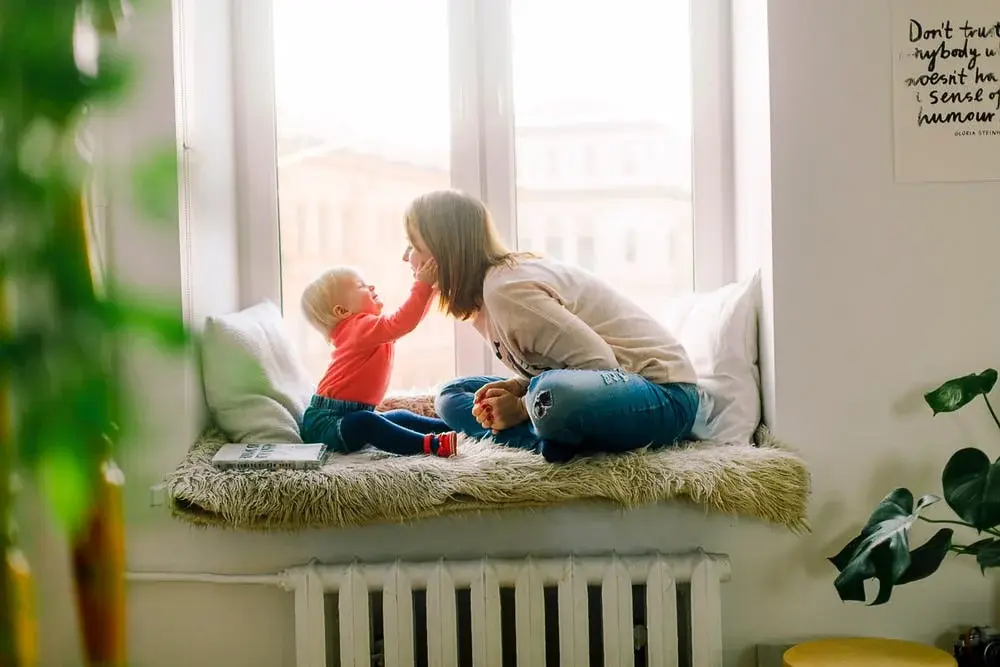
Fertility is a mysterious thing. It seems to work without rhyme or reason, with very unbalanced results spread across the global population. Over time, researchers and fertility experts have been able to learn a lot about the patterns found in people’s fertility journeys, and there are some tips and facts to keep in mind that come from that knowledge and research.
According to a study performed at an Australian University, very few young adults are aware of when their own fertility will decline. These young adults collectively do not consider the impact their age will play on their fertility, despite having a strong desire to have kids in their future. They also commonly incorrectly believe that they will be able to put off conception until they have accomplished whatever career or travel or personal goals they hold in addition to family building. The results of this study are representative of the wider young adult population globally, emphasizing the widespread misconceptions today’s young adults hold about their own fertility regardless of culture or location. This suggests that young people might want to familiarize themselves with the realities of their bodies and biology and perhaps, armed with that new information, reprioritize their futures.

A young family holding hands and walking outside pictured above.
Most college aged young adults today want children. But they want a career and a stable income, first. Unfortunately, our bodies are not necessarily engineered to accommodate that order of events. It can take years, even decades, to reach a point of financial stability that is considered suitable for the modern family.
Recent generations have also seen what the rise of feminism and the push for gender equality has done for families, with more women opting to put their education, and subsequently, their career before child bearing.
When these young adults have reached the point where they are ready to build their families, they are often close to or past the point of hitting the decline of their fertility, making conception, pregnancy, and birth much harder and, in some cases, riskier. This is because as women age, they lose both quantity and quality of their eggs, making pregnancy harder to achieve, and raising the likelihood for chromosomal abnormalities that can lead to complications for both the mother and child. Similarly, as men age, the quality of their sperm also starts to decline, making conception even more of a challenge.

A woman with the focus on her pregnant belly pictured above.
So when does fertility decline?
For women, becoming pregnant and carrying a healthy, full term pregnancy becomes less likely and harder to achieve between the ages of 35-39. It is by no means impossible, but that is the age when fertility begins to decline for women. For men, the odds of producing fertile sperm goes down between the ages of 45-49. Again, it is still possible, and with modern science, it happens often, but it becomes much harder, especially to do alone. There are many treatments to help individuals who have reached the age where their fertility begins to decline to conceive, but all of those things cost money and time.
It is important to be aware of the role your biological clock plays when it comes to planning your future, especially if conceiving and raising your own children is important to you.
Age is the single most important factor to fertility and successful conception. Women are born with all the eggs they will have for life, and as they age, the eggs age as well.
That being said, fertility is obviously not black and white. There are women who are younger than 35 who have difficulty conceiving, and women over 40 who become pregnant by accident. Knowing when your fertility declines is more about having awareness about your own body, than anything else.
A negative pregnancy test emphasizes the difficulties of putting off having kids for the future.

Despite the commonly strong desire among today’s young adults to have children in their future, there is very little awareness as to when conceiving goes from being an accident to a painful and emotional challenge. The fact of the matter is, it’s not as simple as saying “we can have kids when we’re older!” Biology plays arguably the biggest role in determining who is able to conceive, carry, and deliver their own babies, and today’s young adults collectively underestimate the role that their biology will play.
This can lead to many challenges, challenges that can be both physical and emotional.
When people wait to have kids, they run the risk of experiencing the physical and emotional toll of lowered or nonexistent fertility, which can be devastating to encounter.
Other things to keep in mind when it comes to maximizing your chances for safe and successful conception are taking care of your general health. Maintaining a healthy and natural diet and exercise regimen that suits your body, while being on top of any preexisting health conditions or health issues you may experience or have experienced in your past, will better both your own physical health and your potential to conceive.
There is no correct way to plan your future. The best thing you can do is be informed, especially about your own body. Know that as a woman, your fertility will begin to decline between the ages of 35-39, and as a man, between the ages of 45-49, and let that information help you inform your choices. Know that the better care you show your body, the better your body will work with you. There is obviously never a guarantee about anything in life, and when it comes to the delicate science of child bearing and rearing this is especially true, but arming yourself with facts and realistic expectations is never a bad thing.